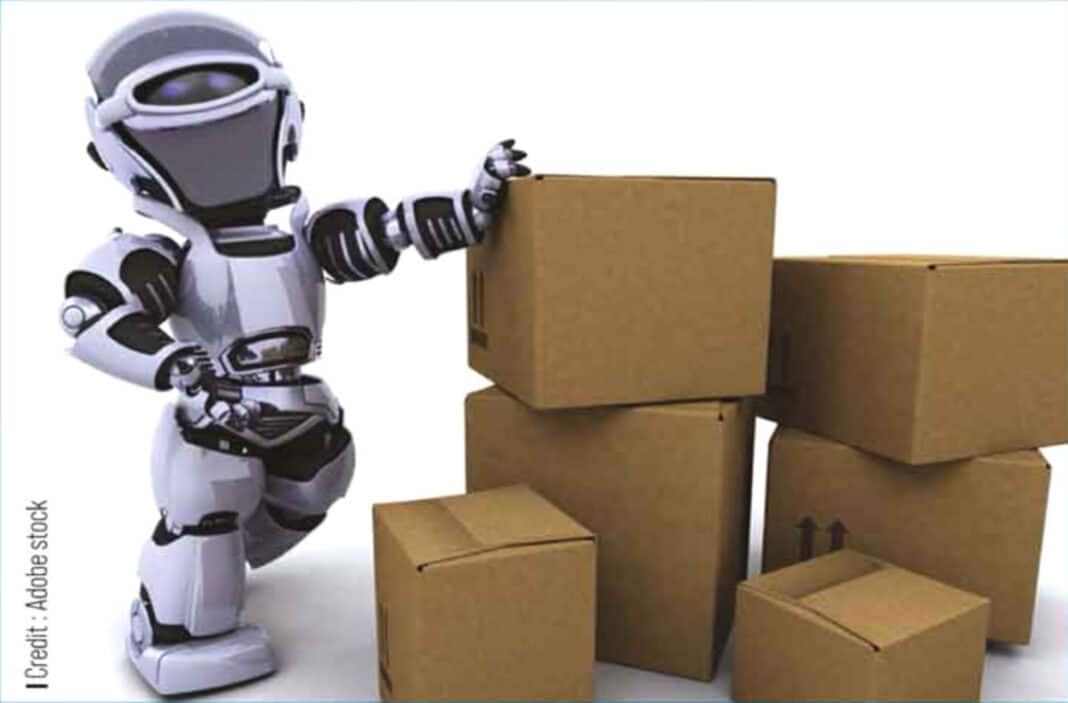The world of commerce is changing, evolves, is transformed, to better understand the new uses dictated by the health crisis. Du streaming au self-checkout ou selfscan, the distribution imagines the therapies that suit them best. Faced with environmental threats, commerce is committed to becoming the guarantor of responsible consumption, and take charge of our well-being, as well as our future. We are at the start of a new era, of which the circular economy is a keystone.
Delivery by robot, a market of 33 billion by 2030 : according to a Euromonitor study, almost 50% of Europeans would be inclined to have their deliveries done by robots or drones, as long as this makes it possible to shorten the deadlines. For 55% of consumers, these should be two hours maximum, while only 19% of distributors are today capable of delivering in less than 48 hours.
Rethinking design and logistics in a sustainable way : the Repack company proposes to stop single-use packaging for online orders. Once the package is received, the consumer is invited to return the packaging — free of charge — to the merchant site, who will recycle it. The start-up already works with more than one hundred and fifty brands in Europe and North America..
Towards committed commerce : for 90% of young people born in the early 2000s (GenZ), businesses have a duty to invest in global warming and fight against inequalities. Commerce is now embracing these new expectations, as demonstrated, for example, by the deployment of second-hand product marketplaces.
“The future of the physical store lies in social exchanges, continues Nicolas Diacono. Stores as we know them are set to become e-commerce support tools, and must imperatively integrate a sustainable and responsible dimension. Their role is likely to evolve considerably over the coming years, especially for large brands. »












